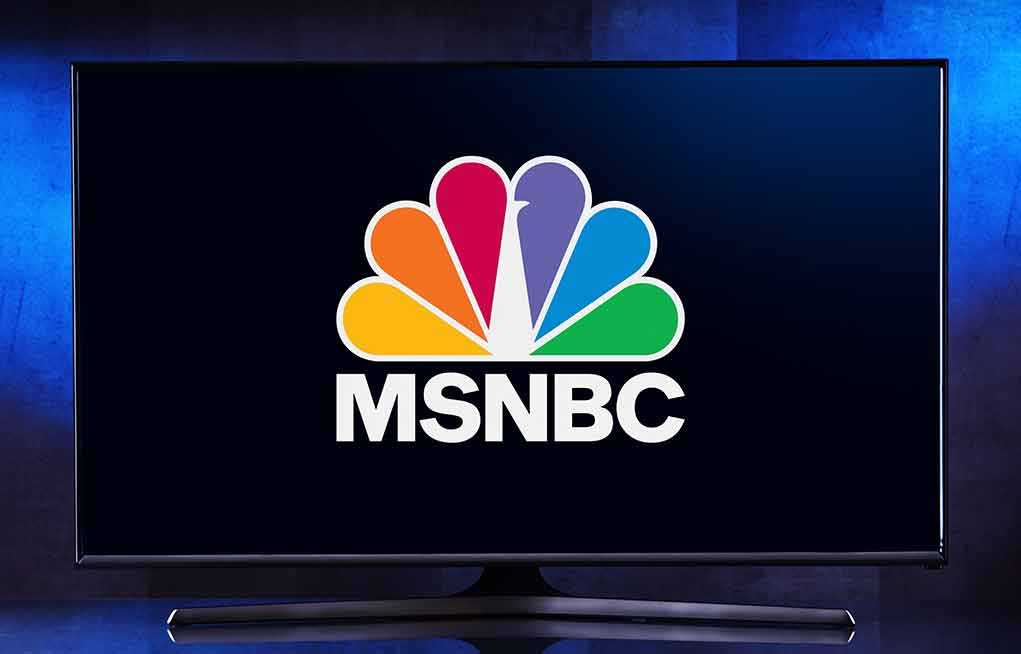Former New York City mayor Bill de Blasio’s awkward moment on live TV has put fare-free bus proposals at the center of a wider debate over progressive transit ideas and fiscal reality. De Blasio was unable to name clear examples of major cities where universal free buses have worked, prompting critics to say advocates lack practical answers. Supporters say fare-free service could boost equity and ridership; opponents warn it could add huge costs to an already strained MTA budget.
On Sept. 4, 2025, de Blasio told MSNBC’s Morning Joe he supported Assemblymember Zohran Mamdani’s push for free buses but failed to point to successful, comparable city models when pressed. The exchange quickly spread through conservative and centrist media as evidence that some progressive proposals may not be fully thought through.
Bill de Blasio Wasn't Expecting This Question About Free Busing…and He Totally Collapsed https://t.co/l1WhNPguSC
— Bob Healy (@TheBonedaddy24) September 4, 2025
Zohran Mamdani has made fare-free buses a headline policy, arguing they help low-income riders and cut emissions by nudging people out of cars. Backers say removing fares makes transit fairer and simpler. Critics, including many moderates and fiscal conservatives, say the MTA already faces chronic funding gaps and that losing fare revenue would require big tax hikes or major state and federal help.
Evidence from other places is mixed. Small U.S. pilots, like Kansas City’s, and some European examples such as Tallinn or Dunkirk, show ridership gains in some cases but also raise questions about long-term funding and service quality. Experts point out that implementing universal fare-free transit in a dense, complicated system like New York’s is very different from running a small-city pilot.
The policy fight is also political. Progressive leaders pushing bold reforms collide with officials who demand clear budgets and plans. Media appearances and interviews are becoming testing grounds where candidates and advocates must explain how ambitious ideas would actually work. For de Blasio and Mamdani, the TV moment has turned into a talking point for critics and a prompt for more detailed policy work from supporters.
Practical alternatives are part of the discussion. Some urban planners suggest targeted fare relief for low-income riders or subsidized passes instead of a universal free system. Those ideas aim to balance equity goals with the need to keep transit running reliably.
For riders, the stakes are real: free buses could reduce costs for people who depend on transit, but only if funding is stable and service doesn’t suffer. For policymakers, the question is whether bold proposals come with clear, realistic plans or remain aspirational talking points.
Sources:
Bill de Blasio Gets Wrecked When Trying to Press for Free Busing

